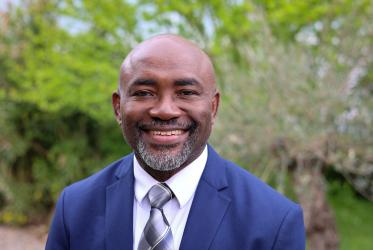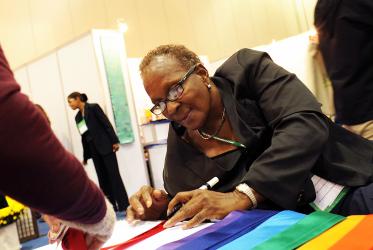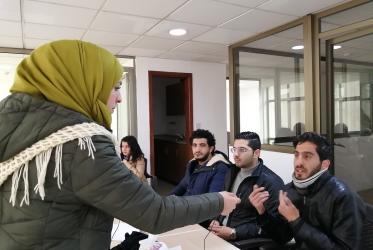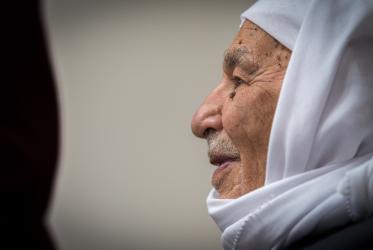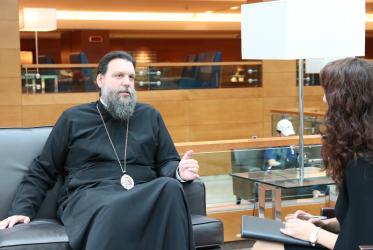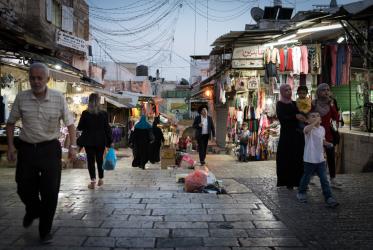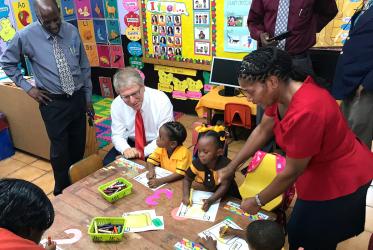Displaying 1 - 20 of 69
Promoting human dignity through art
06 September 2022
In a COVID-stricken world, “everyone is important”
23 October 2020
Are migrants seen and heard? Conference presses the question
19 October 2020
A faith-based, holistic approach to HIV and AIDS-care
13 March 2019
Fr Alexi - a peacemaker in Syria
21 December 2018
Jamaica vantage point for Caribbean ecumenism
05 October 2018
“Love will find a way”
23 August 2018

